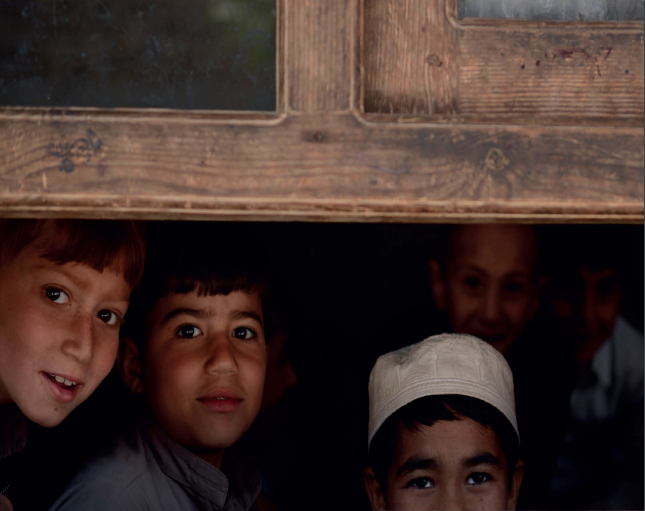Civil society organizations (CSOs) are key actors in development, whose efforts complement those of the government, private sector, and donors. CSOs play an important role in country development by bringing attention to issues such as human rights, democratic governance, equitable development, inclusive growth, participatory democracy, social and environmental justice, sustainability, gender equality, citizen engagement, and by providing essential services. However, the ability of CSOs to operate effectively and to their full potential depends upon the social, economic and political context in which they function. Recognizing the central role of the enabling environment in promoting or obstructing the effectiveness of civil society, the Afghanistan Institute for Civil Society (AICS) initiated its annual flagship research on the State of the Enabling Environment for CSOs in Afghanistan (SEECA) in 2016. Like the 2016 study, the 2017 study examines the legal framework, governance, socio-cultural environment, financial and security environment in which CSOs operate. The CSO enabling environment cannot be enhanced by a single actor; it is, rather, the joint responsibility of all actors, including the government, private sector, CSOs, international community, and donors. The paper presents recommendations for all stakeholders that emerged from the research findings, either directly suggested by respondents or corresponding to findings in the research about challenges CSOs in Afghanistan are facing. The recommendations suggest ways that each stakeholder group can work to improve the legal framework, financial and non-financial resources, organizational capacities, governance environment, and security as they relate to CSOs. The paper presents the recommendations as a basis for discussion and action planning among stakeholders committed to creating an environment in which Afghan CSOs can operate effectively and to their full potential. A quantitative survey constituted the main source of data for the study. Survey results generated scores for the SEECA Index. The survey questionnaires were administered with 706 CSO members and 90 CSO beneficiaries. Qualitative methods used to triangulate and add depth to survey results included openended interviews with 62 CSO members, 32 CSO beneficiaries; and 22 government officials. Further, 14 focus group discussions (2 per province) were held with CSO members; 4 key informant interviews were held with civil society activities and experts; and a series of case studies were compiled. Research was conducted in Badakhshan, Bamyan, Herat, Kabul, Kandahar, Nangarhar, and Samangan provinces. Site selection aimed to ensure geographic representation and inclusivity, and areas that have varying levels of CSO concentration.
You can have access to this full report here: SEECA-2017-Report-Final-September-27-2017


